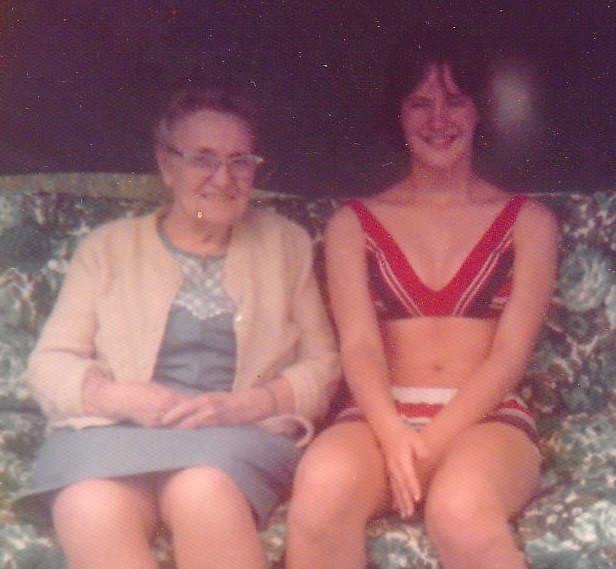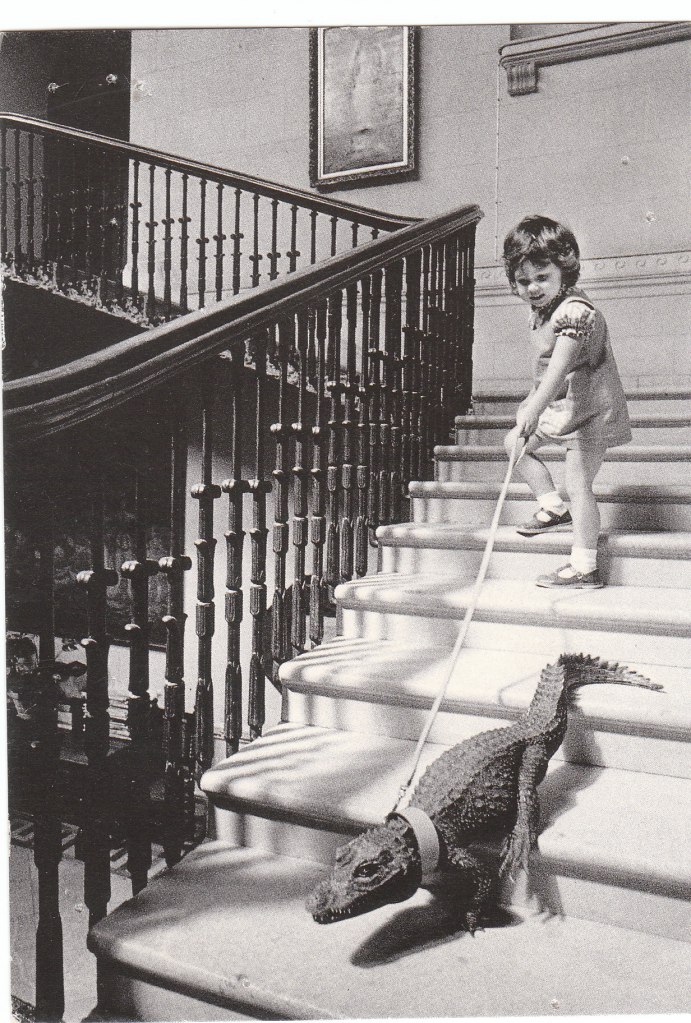Today I’d like to share a poem I wrote about my maternal grandmother, who died in 1980, when I was only a senior in high school.
My grandmother was probably my favorite person on the planet. I adored her and thought, as a teenager, that I could deal with just about any challenge, as long as it didn’t involve losing her.
My grandmother, born in 1903, was beautiful as a young girl:
However, when I was myself an adolescent, Nana fell and broke her hip. She was subsequently unable to reach her own feet, so when I visited her, my favorite place to stay in the summers, I often washed them for her–something I allude to in the poem that follows.
nana
(in memory of Martha Gilbert Kunkle)
we are oblique and at odd angles: me at the feet i once washed on a regular basis in the dream: she is getting older melting or shrinking looking at me only with the edges of her eyes.Though often in my dreams my grandmother is still alive, I’m grateful in the mornings to know Nana, in all the ways that matter, has never really left–blessing enough–in my own now aging eyes.








